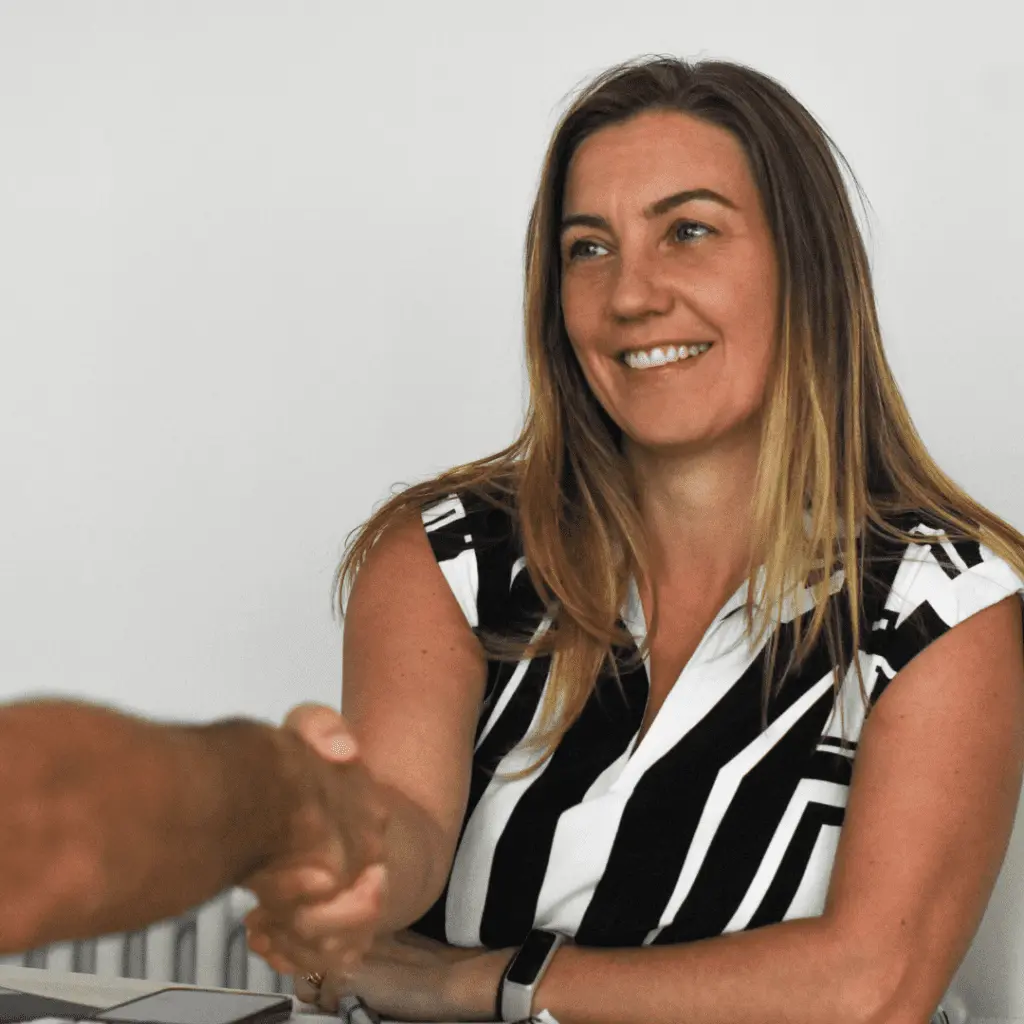Self-Employed
If you are self-employed or a limited company director, Evergreen Mortgages has helped many people in your situation achieve their dream home!
The information each lender needs will vary but we are here to guide you to the right lenders who best suit your circumstances, whether you are a new business or have a long-standing history in your industry. There are also some specialist lenders who have unique criteria to enable them to focus on helping the self-employed and small and medium business owners, so get in touch today for a one to one focus on your home ownership.
We love what we do.
What do lenders consider as self-employed?
If you own more than 20-25% of the shares in a business then you are considered self-employed. You could be a sole trader, a company director, in a partnership or you could be a contractor or freelancer.
If you have to complete a company or personal tax return with HMRC for your main income, it is likely that lenders will consider you as self-employed, but don’t be concerned we have the experience and expertise to help you navigate this.


What is the difference with a self-employed mortgage?
Whilst the way in which you can prove your income is different to somebody in an employed role, there really is no such thing as a ‘self-employed’ mortgage. Self-employed people apply for the same mortgages, with the same interest rates, as people in employment.
If your partner is employed and you are self-employed, those annual earnings figures can be combined, just like 2 employees would, to provide a household income figure and affordability is assessed on your joint income.
Lenders consider your current and future affordability when looking at your ability to pay for the mortgage you are applying for. Because self-employed incomes tend to fluctuate more than employed people’s, lenders carry out additional checks and request different documents to employed people. Some lenders may request higher deposit amounts. This is so they can be confident you can afford the mortgage payments now and in the future.
Your trading history can help with your mortgage:
“Well, I have payslips”, if you are a director in a limited company, your accountant will produce payslips for you each month but you cannot use these to obtain a mortgage unless there are very specific circumstances, generally a director in a large global company may only be one of many with a very small shareholding, but right now this is about those companies where you own 20%-100% of the shareholding.
You will still need your personal tax calculations to access mortgage lending, the way this shows is slightly different, unlike above your income may show 2 elements; ‘pay from all employments’ and ‘dividend payments’. These two figures can be added together to give you your taxable income. However you will need to also show your company accounts so that the lender can see that your ‘pay from all employments’ has come from this company and not a combination of employment, and so they can see that the company has made profit, and it’s sustainable going forwards.
One other advantage of a limited company, is that whilst the company is taxed on all profit, the individual director may choose to leave some of that profit in the company for future investment. Some lenders do allow company directors to use a combination of company profit and the directors salary, rather than dividend and salary, there are a limited number of mortgage providers that can do this, but we can help you access those.
“Should I just take a larger salary?” Many directors, on advice of their accountant take most of their income through dividends and have a smaller salary, you may feel that having a larger salary with payslips will be easier, but the lenders know that as director, that interview requesting the payrise would be an interesting thing to watch, as a famous British comedian once joked about! They still need to see the tax calculations from the HMRC or your accountant, combined with your company accounts.
It is possible to get a mortgage after only one year of trading, the main thing you need to be aware of is lenders need to have some reassurance that the business will continue to do well, we will help you to prepare your application to show this. Any previous experience in the field helps, and any partial accounts or accountants estimates for coming years, are just 2 options that could help provide the lenders reassurance that the business will continue to be successful.
“I have been trading for more than a year, but this latest year we really hit our stride, can’t they just use this year’s income” – potentially yes, we can help you find a lender that will based the mortgage borrowing on the latest year. You will need to be able to provide the lenders reassurance that the business will continue to be successful to the same level that it has this year, and explain why this year has been better than before, but we will help you to prepare your application to show this.
Many lenders average your profits over the last 2 or sometimes 3 years, to get a good understanding of the likely profit that could be achieved, however if this latest year was lower, they could take that lower figure instead. They need to see an income that is sustainable going forwards, that’s why many take an average.
If this year has been your best year yet, we can help you find a lender that will based the mortgage borrowing on the latest year. You will need to be able to provide the lenders reassurance that the business will continue to be successful to the same level that it has this year, and explain why this year has been better than before, but we will help you to prepare your application to show this.
Do I have to have an accountant? No, but you do need to show the tax calculations and overviews from your government gateway accounts and it can be helpful as some lenders can accept accountants references in place of the tax calculations and overviews, or could request an accountants projection or estimation of the next years figures.
Lenders view contractors in very different ways and Evergreen Mortgages are here to help you navigate this and get the best options for you.
Day rate, Umbrella companies, Agency and short term or fixed rate contracts are all viewed differently. Depending on the way in which your business is set up or the way in which you are paid you may need to provide different paperwork. A contractor could be asked for your latest and previous contracts, you could be asked for your tax returns or if using an umbrella company you may need to provide the contract and the payslips from the umbrella company.
Get in touch for a one-to-one consultation to review your specific circumstances.
If you are part of the construction industry scheme, you may need to send your CIS remittance slips and your tax calculations (previously known as SA302’s) and the matching tax overview which confirms the tax paid. Your accountant or umbrella company should be able to help you access these. If you’re a sole trader doing your own accounts you can access the needed paperwork through your government gateway account and we can provide guides to help you with this.
Depending on the lender, and your work history, you may be able to use your remittance slips like a standard payslip and have your mortgage affordability calculated based on this figure.
Evergreen Mortgages knows just the right lenders to talk to so reach out today and we can start the process for you.
Is it harder to get a mortgage when you’re self-employed?
Well, the answer is complicated in truth. In the lender’s eyes, no, mortgages are offered based on the income you get taxed on, and you can borrow an amount based on your affordability, which is a combination of your current outgoings (loans, cars, credit cards, dependants, childcare, student loans) and your taxable income. Regardless of employed or self-employed.
It’s the taxable income that complicates things.
As an employee you look at the basic salary usually found on the left of your payslip, before the deductions and that gives you your weekly or monthly salary and it’s easy to calculate your taxable income from this. Most people call this the ‘gross income’ before deductions.
For a self-employed person this figure is taken from their tax calculations, and it’s the figure at the top of the calculation that you use for your income. This is your taxable income. To confuse things this is not called your gross profit, it is your net profit after expenses. You cannot use gross turnover for the mortgage calculation as that is the sales completed by the company, and you had a number of costs to get to that figure, and if you don’t spend that money again, you may not have that profit next year, salary for staff, advertising, costs of materials or stock, all of these expenses come off of the gross turnover of the business before you have your net profit.
If you are a sole trader the figure on your ta calculation (or SA302) generally states ‘profit from self-employment’ and that is the figure that can be used – your taxable income before any personal allowance is deducted.
You also only get to declare this once a year, whilst an employee would be able to show a pay rise on the very next payslip, you will have to wait until year end to show your increased profits.
Top tips for self-employed mortgages
Let your accountant know you will be looking to get a mortgage this year
Find out exactly when your year end is for your personal and company accounts and when the next ones will be submitted
Get copies from your accountant or government gateway account of your tax calculations and tax overviews so you can clearly see the income that is being declared
If you are a limited company director or in a partnership get copies of the companies full accounts
If you are a limited company go onto companies house to see the public information held for you there – the lender will be doing the same!
Let your accountant know you will be looking to get a mortgage this year
Find out exactly when your year end is for your personal and company accounts and when the next ones will be submitted
Get copies from your accountant or government gateway account of your tax calculations and tax overviews so you can clearly see the income that is being declared
If you are a limited company director or in a partnership get copies of the companies full accounts
If you are a limited company go onto companies house to see the public information held for you there – the lender will be doing the same!
FAQs
Your initial conversation would normally take between 15 and 30 minutes depending on how many questions you have about the process and we will run through a quick understanding of the five points above to give us an idea of how we can help you and discuss through the next steps with you of what you might need to send based on the information you give to us.
Generally the documents that are needed are: proof of ID, proof of address, your tax calculations and tax overviews, and if you are a limited company, copies of your full signed company accounts and three months bank statements including your company and personal accounts. The documents you need to provide ultimately will depend on your personal circumstances.
After any documents requested have been sent we should be able to provide you with a fully costed recommendation for a mortgage and we will discuss this with you to make sure you understand and are clear on the costs and are happy with these. Provided you are happy to proceed, we will then approach lenders for your initial agreement in principle. This consists of a credit check.
Once you have a clear idea on your budget, have been agreed in principle by a lender for the mortgage amount you need, and you have the savings available for the deposit. You’re now in a strong position to put in an offer on the house that you want to buy. This is normally done via the estate agent. However, in Scotland the system is different, where you put your offer in via your solicitor.


